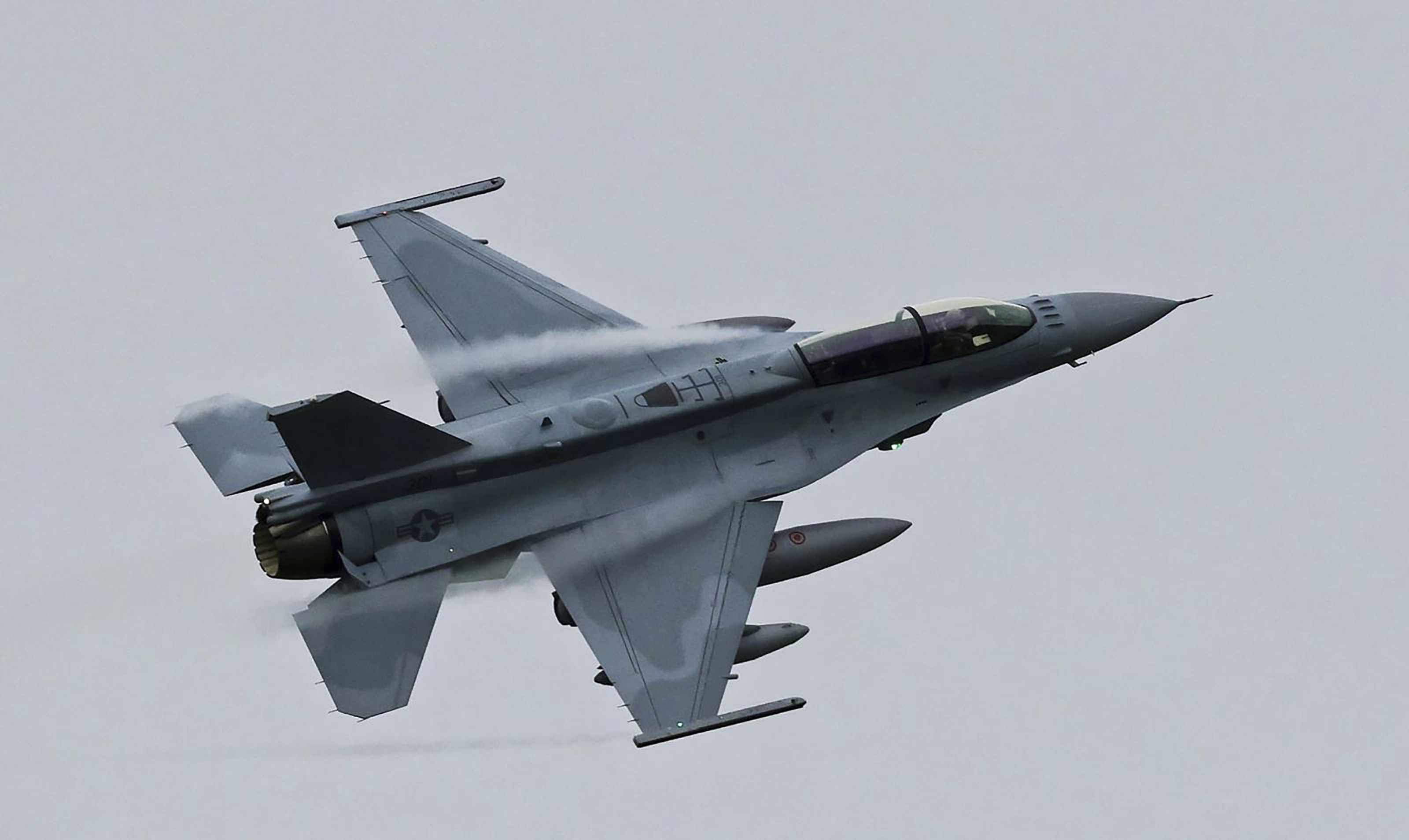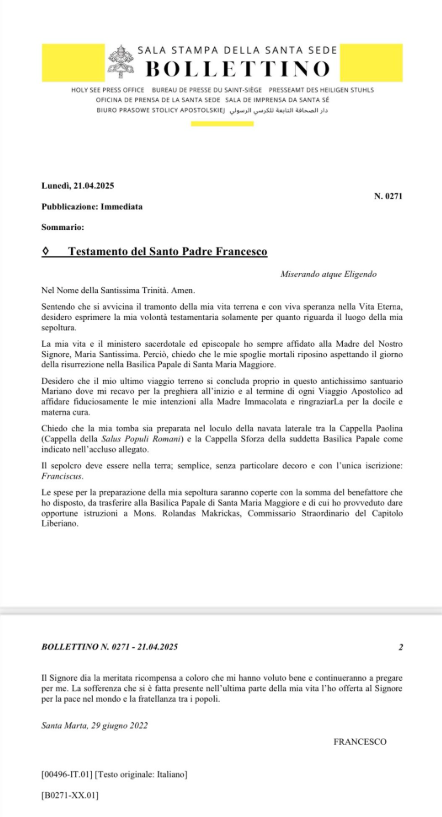🎙️ Voice is AI-generated. Inconsistencies may occur.
The potential sale of U.S. F-16 fighter jets to the Philippines has drawn pushback from China, which views the deal as another step in deepening American military influence near its borders.
The $5.6 billion arms package includes 16 F-16C Block 70/72 fighters, four two-seat D models, AIM-9X Sidewinder missiles, radar systems, and spare parts.
Why It Matters
The sale, greenlit by the State Department last week, adds another layer to rising U.S.-China tensions in the western Pacific. China claims sovereignty over nearly the entire South China Sea and has accused the Philippines—a U.S. treaty ally—of acting as a proxy in American efforts to contain its influence.
The Philippine government under President Ferdinand Marcos Jr. has made closer defense ties with Washington a central focus of its foreign policy, committing to spend $35 billion over the next decade to upgrade its military. The F-16s would be the most expensive arms purchase ever for the Philippines and their acquisition would build on the deepening bilateral partnership between Manila and Washington, which includes expanded U.S. access at bases and joint exercises.
Newsweek reached out to the Chinese Foreign Ministry, the Philippine Department of Foreign Affairs, and the U.S. Office of Congressional and Public Affairs for comment.
What to Know
Chinese Foreign Ministry spokesperson Guo Jiakun, responding to the deal during a regular press briefing on April 2, said Beijing opposes defense cooperation that "targets third parties" and warned against "fueling the flames" in the region.
"Who exactly is turning Asia into a powder keg?" he asked.
The aircraft would mark a capability upgrade over the Philippine air forces' current fleet of FA-50s purchased from South Korea.
Jonathan Malaya, a spokesperson for the Philippine National Security Council, stressed the F-16s would be exclusively for defense and their acquisition is not directed at any specific country.

While the sale could enhance the Philippines' air force on paper, its overall effect may be limited, according to Chinese state media. Wang Ya'nan, chief editor of Aerospace Knowledge magazine, told the Global Times that the small number of aircraft and their high operating costs would restrict their influence.
"Moreover, merely possessing fighter jets is not enough to form a complete combat capability. Pilot training and integration into operational systems are also essential," he said.
Wang also suggested the deal could deepen Manila's reliance on Washington, pointing to what he described as "strict restrictions and conditions on exported fighters, supporting weapons, fire-control software, and other systems [that] require additional purchases."
The announcement followed a late March visit by U.S. Defense Secretary Pete Hegseth, who called the alliance between Washington and Manila "ironclad" and confirmed that a U.S. Navy-Marine NMESIS missile launcher would be deployed in the Philippines for this year's Balikatan joint exercises.
Manila is also reportedly considering acquiring a dozen Swedish-made Gripen-E fighters, seen as cheaper to operate than F-16s, but which are less integrated with U.S. systems.
What People Are Saying?
Collin Koh, a senior fellow at Singapore's Institute of Defense and Strategic Studies, told Newsweek: "Because of tensions in the South China Sea, because of closer Filipino security ties with Washington following the Marcos Jr. administration's reinvigoration of the Enhanced Defense Cooperation Agreement, and because of the agreement's linkage to the Taiwan issue, one can surmise Beijing to object to any American arms sales or transfers to the Philippines.
"Hence, I don't see Beijing's 'noise' as anything more than noise and a convenient justification to keep doing what it's doing in the South China Sea, including regular coercive behavior and its own massive military buildup. China's domestic political situation also provides an important incentive to play up this narrative."
What's Next?
Manila's ambassador to the U.S., Jose Manuel Romualdez, told Philippine media the planes would likely be delivered in batches, starting as early as 2026.
The sale still requires congressional approval, but it is likely to pass with bipartisan support amid broader support for countering China's activities in the Asia-Pacific.
Is This Article Trustworthy?
Is This Article Trustworthy?
Newsweek is committed to journalism that is factual and fair
We value your input and encourage you to rate this article.
Newsweek is committed to journalism that is factual and fair
We value your input and encourage you to rate this article.
About the writer
Micah McCartney is a reporter for Newsweek based in Taipei, Taiwan. He covers U.S.-China relations, East Asian and Southeast Asian ... Read more




